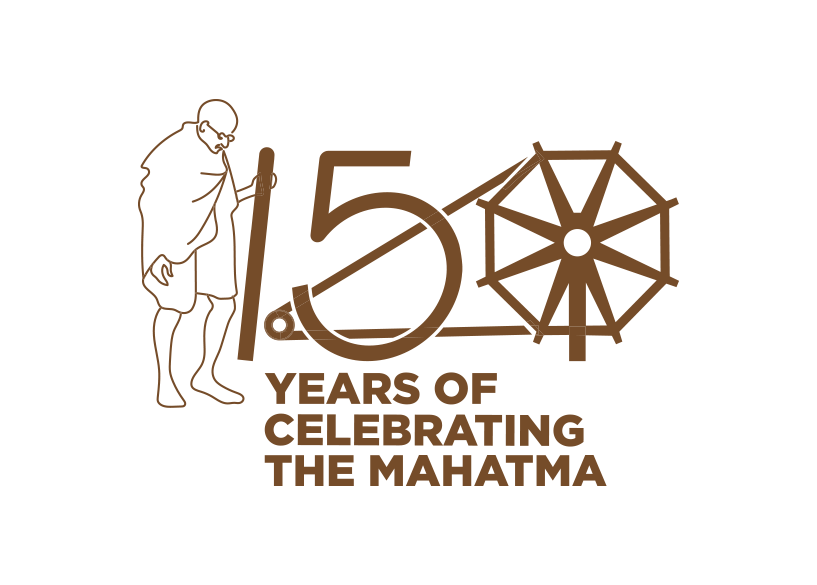
National Seminar on Folklore : "Tellings and Retellings"
Date: 24 to 26 February 2017
Event Type: National Seminar
Venue of Event: Sahitya Akademi, Rabindra Bhawan, 35, Ferozeshah Road, New Delhi-110001
| Concept Note | Call for Papers | ||||||||||||||||||||||||||||||
SAHITYA AKADEMI
National Seminar on Folklore : 'Tellings and Retellings'
24-26 February 2017
CONCEPT NOTE
Context : Folklore is arguably the richest and the most enduring stratum of the collective life of any country and its popular culture. It is especially so in India where orality has been a more extensive mode of expression and communication than literacy until very recently. The evolution of cultural, ethical and emotional formalities can be best understood through stories that constitute the social world of people. The richest source of such stories is folklore. Given India’s long civilizational history and its diverse ethnicities, languages, dialects and life-patterns, the tradition of folklore in India is staggeringly vast and heterogeneous.
Seminar background: Though in the last few decades there has been a growing interest in the study of folklore in India, the scale of academic production in the area still remains inadequate. Collection, classification and structural analyses of folklore have been part of ethnographical and anthropological projects for more than a century but a focus on literature is called for. Contemporary folklore studies in India has secured a confident place for itself with the emergence of Indian folklorists in the twentieth and the twenty-first century, yet the interest and concern for this very vital field has not captured adequate space in mainstream scholarship in literature.
From margin to centre : Relegated by and large to a position in the margins, Folklore has withstood the test of time proving to be a vital part of ethnic consciousness. In India, translation has always been an integral part of Indian folklore, given the vast cultural and linguistic variety that the country has. However, in recent years, the field has become increasingly inter-disciplinary in approach. Communication theories, a new emphasis on the ‘popular’ and the ‘subaltern’ in history-writing and radical political awareness have drawn scholars to study folklore through their particular and intersecting disciplinary concerns.
Objectives: The aim of the conference is to both initiate a conversation on folklore between scholars from different disciplines and to work towards a more holistic methodology to the study of its literary aspects. It is also hoped that the highlighting at the conference of the wealth of our folk-lore will encourage new and creative translations of folk-narratives from various languages and dialects given the dynamic nature of these oral repertoires. A richer compendium of materialsthus created will promote further research in the area and a better appreciation of our folk heritage.
Topics: Some of the themes on which presentations are invited are the following but may propose other directions:
|
|||||||||||||||||||||||||||||||
|
|| Home | About Us | Contact Us | RTI | GST | Annual Report|| ||Annual Immovable Property Return | Internal Complaints Committee | Grantees List || |
Last Updated : 11.01.2026 |
